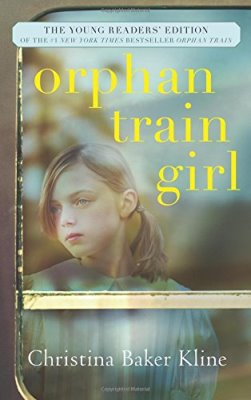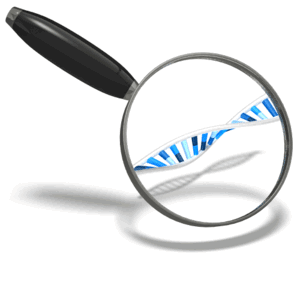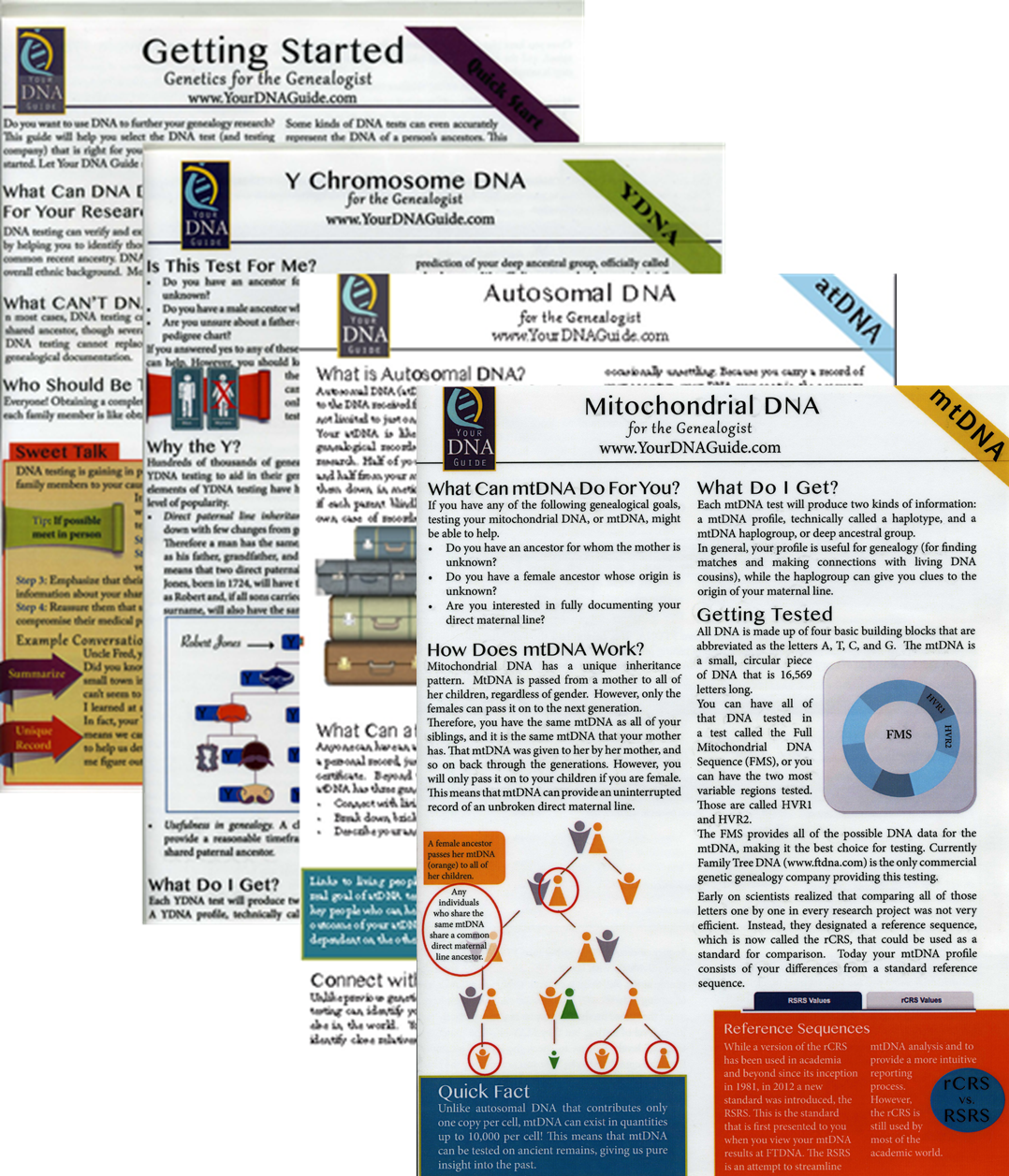by Lisa Cooke | Feb 19, 2015 | 01 What's New, Adoption, DNA, Genealogy TV
A new one-hour TV special, Long Lost Family, will air on TLC on Sunday, March 1 at 10:00 pm EST /9:00 pm Central in the U.S. Here’s the storyline about two adoptees reunited with birth families, from a press release from TLC:
“Hoping to find their biological families, two adoptees team up with hosts Chris Jacobs and Lisa Joyner to embark on an emotional journey…through the ups and downs of trying to track down loved ones they’re so anxious to meet.
- Christopher Hanson hasn’t seen his mother in 30 years. After being left in a grocery store parking lot when he was only 6-years-old, Christopher has been haunted by this memory for most of his life and has always longed to reunite with his mother. Eventually adopted by a loving family, Christopher is desperate to unlock the mysteries of what happened on that day and discover exactly why he never saw his mom again.
- Paula, a 54-year-old grandmother of 10, knows very little about her biological family. She is longing to meet them and find out why her parents kept her for a few days, only to give her up and never reach out again.
[As adoptees themselves, hosts] Chris and Lisa are uniquely poised to provide emotional support and guidance as [Christopher and Paula] brace for the rigors of this difficult search. Hitting so close to home for both Chris and Lisa, the two will stop at nothing to try and give Christopher and Paula the news both so desperately want to know.”
Ancestry teamed up with TLC to sponsor Long Lost Family. Ancestry provided the AncestryDNA kits used by the two adoptees to confirm their biological families and access to records on Ancestry.com to help Christopher and Paula.
If you watch it, let us know what you thought of it! Post on our Facebook face.
by Lisa Cooke | Jan 16, 2015 | 01 What's New, Adoption, Book Club, Family Reunions, Genealogy TV
 Recently we announced our featured book title for the first quarter of 2015: Orphan Train
Recently we announced our featured book title for the first quarter of 2015: Orphan Train by Christina Baker Kline. A major theme in this book is what happens to a child’s identity when he or she is separated from parents and kin.
by Christina Baker Kline. A major theme in this book is what happens to a child’s identity when he or she is separated from parents and kin.
With this story fresh on my mind, Lisa sent me a story from The Press and Journal (Aberdeen, UK) about Irene Robertson from Scotland. Irene grew up never knowing much about her birth family. Her mother had released her into foster care but never allowed her to be adopted, so she stayed with a foster mother until she was an adult.
Over the years she wondered whether she had birth relatives out there somewhere. It was painful. “When I saw programmes on the TV like Who Do You Think You Are? I couldn’t watch them,” she told The Press and Journal. “I couldn’t watch people meeting their relatives, I would just start crying. I so wanted it to be me.”
When she was nearly 70, a charity called Birthlink helped Irene locate her niece and, through her, her brother. Their reunion over the phone, and then in person, felt to Irene like coming home. “The minute I spoke to him he said, ‘You sound just like family’ and that’s all I wanted to hear really,” she told the paper. “That’s great. He made it very easy. I mean somebody called me ‘Sis’. What a feeling that is, it was just amazing.” Read the full story about these birth siblings reunited and see a picture of them in the The Press and Journal.
 Join our “virtual book club” in reading Orphan Train
Join our “virtual book club” in reading Orphan Train , a novel about two people fostered out in the U.S.–one an orphan train rider and another a teen in today’s foster system. In March we welcome author Christina Baker Kline to the Genealogy Gems podcast to talk about the experiences of her characters in Orphan Train–feelings that might very well resonate with Irene in Scotland.
, a novel about two people fostered out in the U.S.–one an orphan train rider and another a teen in today’s foster system. In March we welcome author Christina Baker Kline to the Genealogy Gems podcast to talk about the experiences of her characters in Orphan Train–feelings that might very well resonate with Irene in Scotland.
(Note: when you use our links to shop for the book you are helping to support the free Genealogy Gems Book Club and Podcast. Thank you!)
by Lisa Cooke | Dec 23, 2014 | 01 What's New, Adoption, British, Canadian, DNA, Family Reunions, Research Skills
 Knowing your genealogical question can make DNA testing for adoptees (and anyone else) more focused and relevant. Being patient and determined—not quitting after a single test’s results—can also pay off, as it did for Paul Dobbs, a Welsh-born man who followed his adoptive father to Canada only to learn he was fathered by a U.S. serviceman.
Knowing your genealogical question can make DNA testing for adoptees (and anyone else) more focused and relevant. Being patient and determined—not quitting after a single test’s results—can also pay off, as it did for Paul Dobbs, a Welsh-born man who followed his adoptive father to Canada only to learn he was fathered by a U.S. serviceman.
Paul Dobbs didn’t find out that Len Dodds wasn’t his biological father until after the man who’d raised him to adulthood passed away. The truth came out during a genetic investigation into Len’s rare medical condition. He learned that he was child of an American soldier stationed in Wales during World War II. But years of traditional genealogical research led to dead ends. Then Paul turned to DNA and found a match: a first cousin.
With the help of his new-found cousin and the traditional genealogical records available about servicemen serving in Cardiff at the end of World War II, Paul was able to form a convincing hypothesis about the identity of his biological father.
He reached out to a potential half sibling who agreed to conduct a DNA test to explore this option.
She was a match. Paul had found his biological family! (Read his story in the Vancouver Sun.)
Not everyone will find their birth parents through DNA testing. But Paul took an approach that can serve anyone looking for biological kin through DNA. His experience reminds us that knowing your genealogical question can make DNA testing more focused and relevant. Being patient and determined—not quitting after a single test’s results—can also pay off, as it did for Paul.
For any male adoptee seeking his father, the yDNA test is a logical route to take. This is where Paul turned first. The yDNA provides an undiluted record of a direct paternal line. This can often help adoptees identify a surname for their paternal line. However, Paul did not have the success he was hoping for with yDNA testing.
He then turned to autosomal DNA testing. Remember that this kind of test traces both your paternal and maternal lines and reports back to you matches in the database that have predicted relationships like, “2-4th cousins” or “3rd-5th cousins” and then you are left to decipher who your common ancestor might be.
DNA testing is a great option for adoptees to get a jumpstart on their genealogy. However, before testing, everyone, adoptees included, should carefully consider how the results of testing may impact you and your family, both biological and adopted.
 Ready to learn more about your family with DNA testing? Learn how to with my series of quick guides. Purchase each guide individually or pick up the bundle of all 4 for the best deal!
Ready to learn more about your family with DNA testing? Learn how to with my series of quick guides. Purchase each guide individually or pick up the bundle of all 4 for the best deal!
Visit my website to learn about expert consultations with me. You’ll get customized guidance on which tests to order and how to maximize your results for your genealogy research.
by | Sep 4, 2014 | 01 What's New, Adoption, Canadian, Inspiration
 Recently The National Post reported that two men who were childhood friends have been reintroduced to each other–as biological brothers.
Recently The National Post reported that two men who were childhood friends have been reintroduced to each other–as biological brothers.
According to the article, long-lost siblings Duncan Cumming, 72, and Ron Cole, 71, lived near each other as kids. They attended the same Canadian public school and sometimes hung out. They never would have guessed they were brothers. Eventually one moved away and the friendship faded into history.
Until recently, when an agency specializing in reuniting birth relatives linked them together by their shared birth mother and got in touch with both men.
Click the link above to see the whole story, including pictures of the boys together on the beach and of each man today. And read about how this family isn’t totally reunified yet–there’s still a sister out there somewhere.
by Lisa Cooke | Jul 21, 2014 | 01 What's New, British, Family Reunions, Genealogy TV
Have you caught the new season of the British television show Long Lost Family? Critic Michael Hogan of The Telegraph (UK) did, and he gave it a 4-star review.
This ITV series follows the stories of people who are trying to reunite with (you guessed it) long lost family members. Hogan was hooked pretty quickly: “Within precisely four minutes, even this cynical, stony-hearted critic.. [was] blinking back tears.” He goes on to summarize the stories of birth parents and children who reunited on one episode of the show. Then he concludes, “This was effective, absorbing television that delivered two happy endings. By the time the credits rolled, I was blubbing like an Argentine footballer.” (See the full review here.)
Have YOU seen the show yet? Check it out at the ITV website (looks like episodes show for free for a limited time after airing). Or catch the show on ITV on Mondays at 9pm (BST).
Saw the show? Tell us what you think on the Genealogy Gems Facebook page!

 Recently we announced our featured book title for the first quarter of 2015:
Recently we announced our featured book title for the first quarter of 2015:  Join our “virtual book club” in reading
Join our “virtual book club” in reading 
 Ready to learn more about your family with DNA testing? Learn how to with my series of quick guides. Purchase each guide individually or pick up the
Ready to learn more about your family with DNA testing? Learn how to with my series of quick guides. Purchase each guide individually or pick up the 




